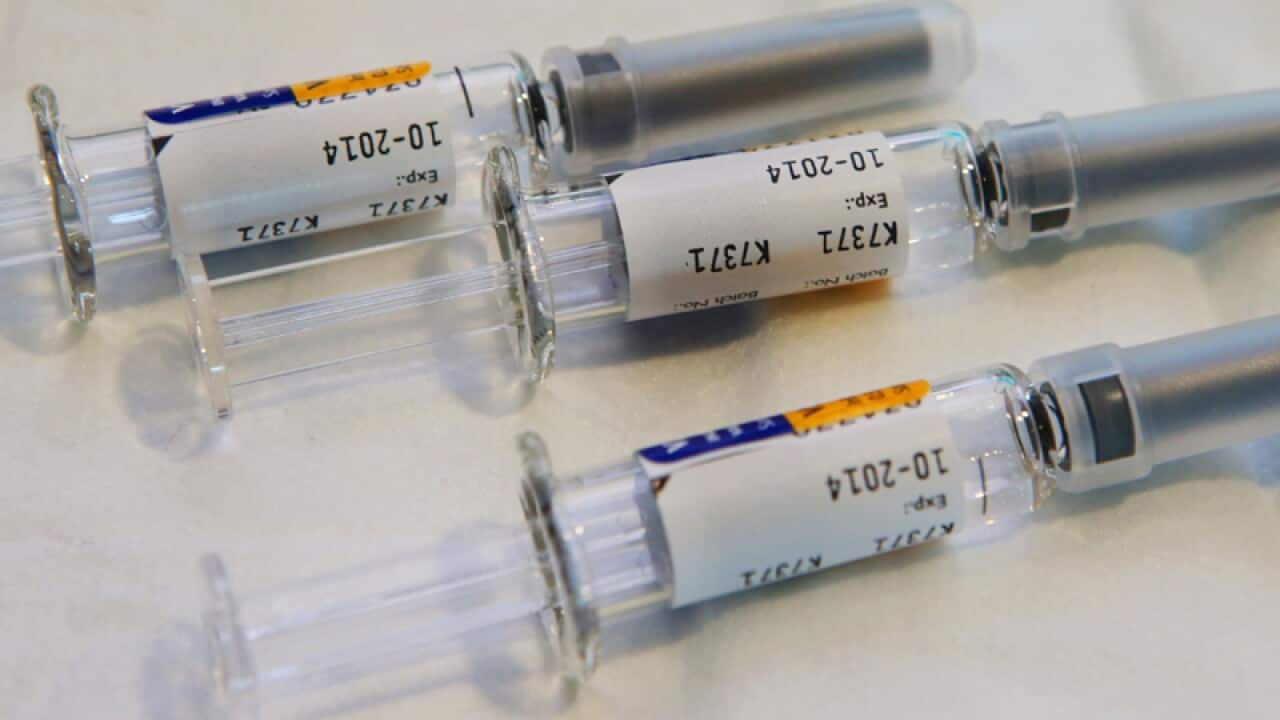A new "cold-like" virus has led to developmental delays and brain damage in Australian infants, says new research.
Human Parechovirus Type 3 (HPeV 3) is transmitted like a cold, mostly affects young infants and symptoms can include fever, rash and irritability.
The study managed to follow up 46 out of 79 infants who were admitted to hospital in Sydney in 2013 and 2014 and found half had developmental problems, including with speaking, one year later.
"More importantly, the study found there were significant concerns about one-fifth of them, related to their muscle movement, thinking and other behaviour," senior investigation Professor Cheryl Jones told AAP.
She is president of the Australian Society for Infectious Diseases and the study results were presented to its annual scientific meeting in Launceston.
The disease was identified for the first time in Europe just over a decade ago but Australia recorded the world's largest recorded outbreak starting in Sydney in late 2013.
During the outbreak more than 100 babies were admitted to hospital, mostly with neurological symptoms such as seizures, irritability and myoclonic jerk.
Prof Jones said little was known about the new virus.
"This study is helping improve our understanding of some of the long-term consequences of infection in children and the results are concerning," she said.
"This clearly illustrates just how vitally important it is that we follow up young infants with brain infections from this virus and remain on alert for emerging infectious diseases."
There was no vaccination or treatment for the virus.
More news

Pregnant women urged to get flu jab
"Overseas it seems to come every couple of years, so we know there will be more outbreaks in Australia."
Prevention lessons learned from overseas included simple hand hygiene, she said.
She spoke of the need for further evaluation of the infants for long-term consequences related to brain damage, as well as checking on any new future cases.
"We have got to follow these babies up even if they are looking well at the time of discharge."
Share

